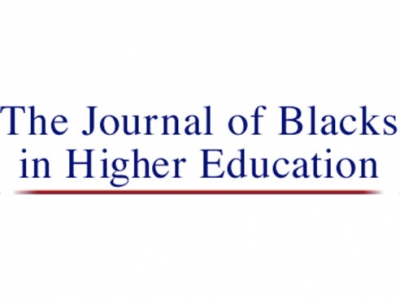In the News - News
The number of residents at teaching hospitals rose slightly in 2013, the last full year before the fiscal 2015 federal budget cut $960 million from graduate medical education support, according to data compiled by Modern Healthcare.
Many persons with asthma are also allergic to common fungi and mold, and a reaction to those allergens can exacerbate asthma symptoms. Researchers from the University of Alabama at Birmingham have received a $1.75 million, four-year grant from the National Heart, Lung and Blood Institute, one of the National Institutes of Health, to better understand how a fungal reaction affects asthma and to search for ways to interfere in that process and reduce the severity of fungal asthma.
In collaboration with an international team of researchers, scientists at the University of Alabama at Birmingham in the U.S. have discovered the basis of Singleton–Merten syndrome (SMS). SMS is an infrequently described autosomal dominant disorder causing early and extreme heart calcification, as well as dental anomalies, such as early-onset periodontitis and root resorption of the teeth in affected patients, among other conditions.
"I think the message should be clear from a public health perspective that tobacco smoke is not different from marijuana smoke in terms of its effect on endothelial function, and perhaps we need to have policy to cover banning marijuana smoke in open setting," said Donna Arnett, M.D., past president of the AHA.
The University of Alabama at Birmingham has established the Neuroscience Roadmap Scholars Program in an effort to increase the number of graduate students in the field. Prospective graduate students will need to apply and be accepted into the university’s, Graduate Biomedical Sciences, Behavioral Neuroscience, or Vision Science graduate programs.
The authors claimed that the study illustrates the importance of diabetic retinopathy screenings. The authors stated that "The rate of self-reported dilated eye care use in the past year was low for the overall sample (32.2 per cent), suggesting that DR [diabetic retinopathy] screening in these settings could fulfil a critical role for patients with diabetes not routinely accessing annual dilated eye examination care."




















